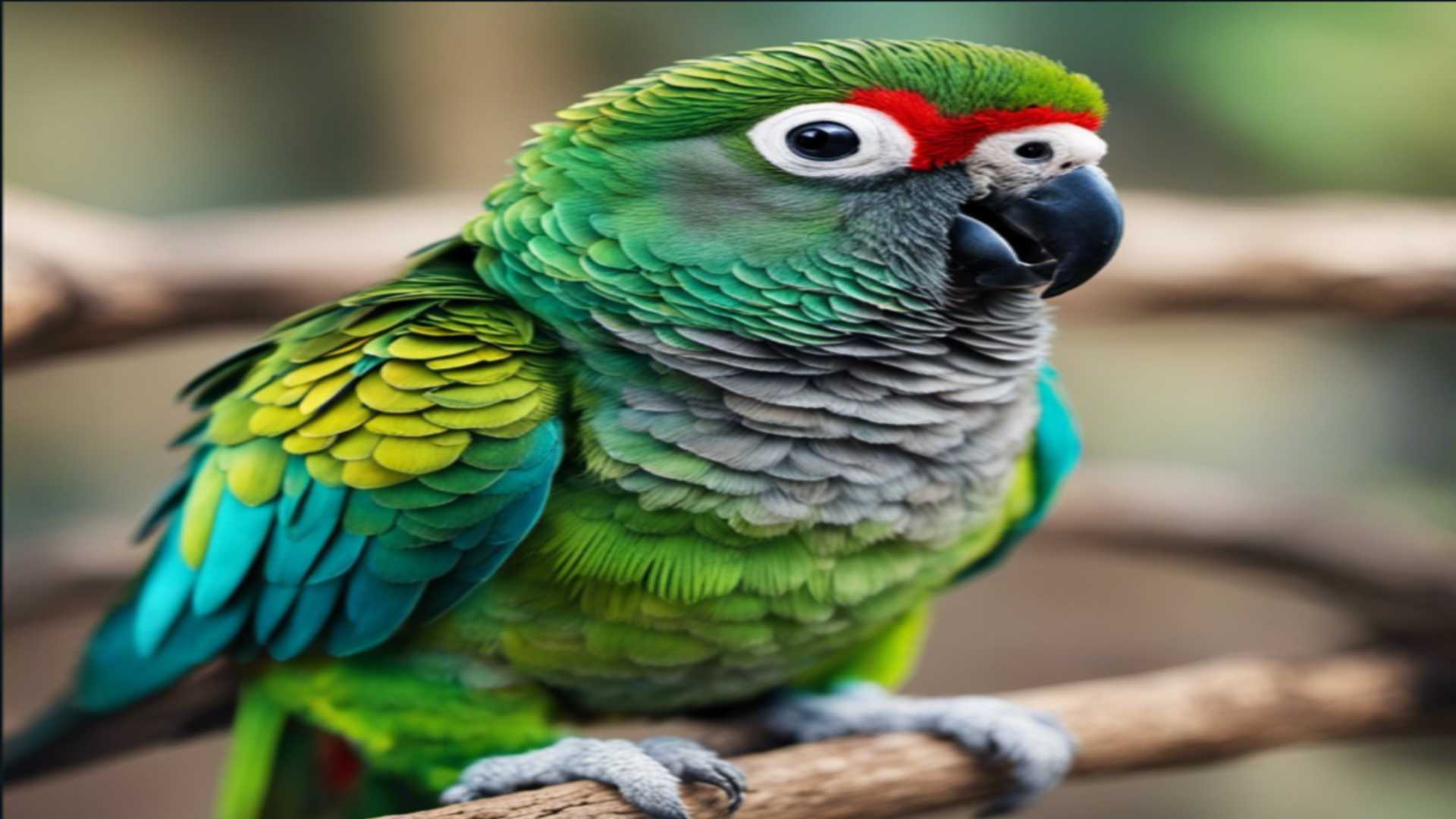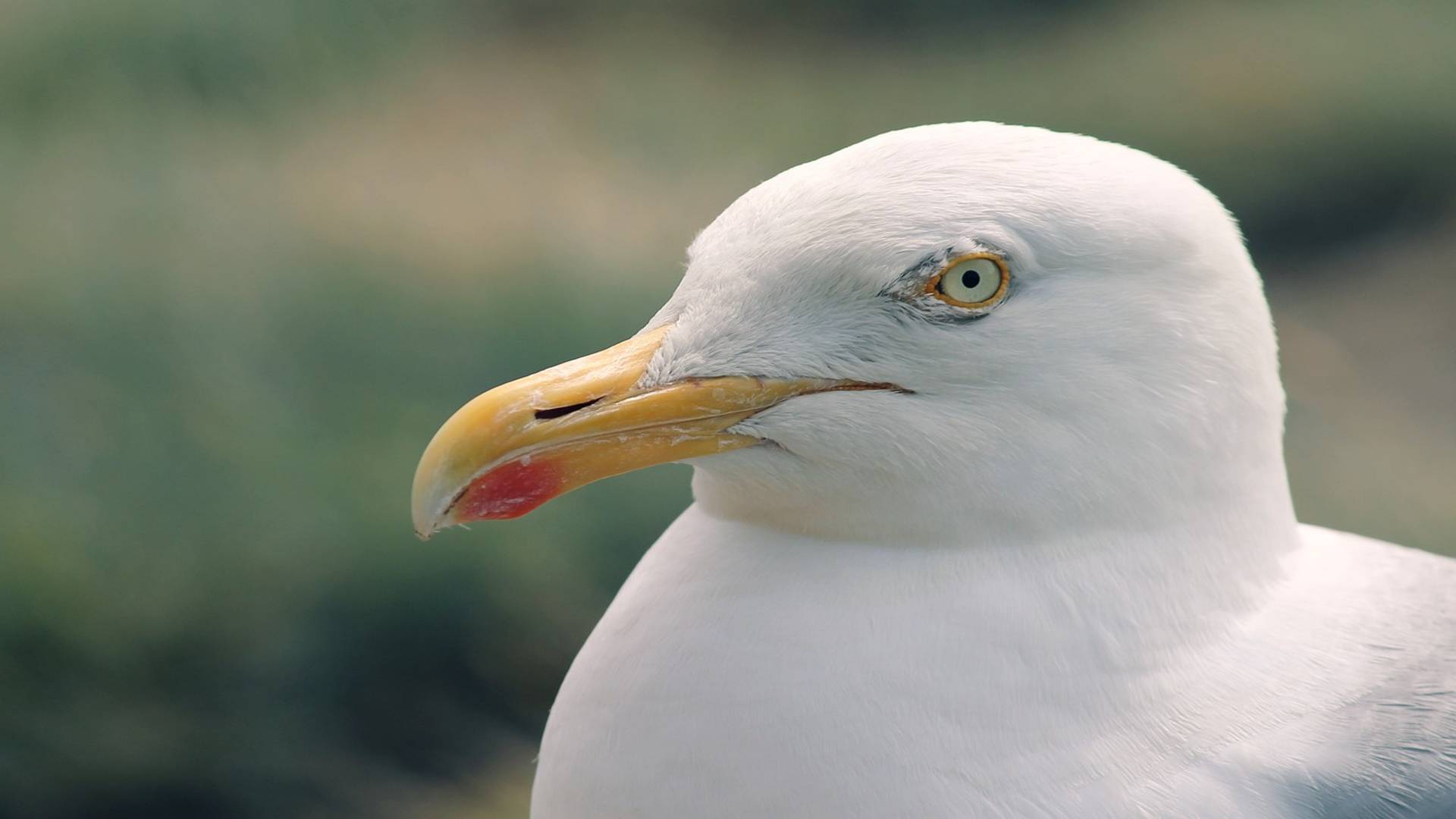As a conure owner, I know how important it is to understand and manage breeding behavior. While conures can make beautiful pets, uncontrolled breeding can lead to a host of problems for both the birds and their owners.
There are various methods to prevent conures from breeding, including separating them into different cages, removing the nesting box, and sterilizing. Sterilization is a permanent solution but can be costly and risky. Hence, it is essential to weigh the benefits and risks before opting for it.
Today, we will check out some effective strategies for curbing breeding behavior in your Conures.
How do you stop conures from laying eggs?
One of the most effective ways to stop conures from laying eggs is to remove the nesting box.
Removing the nesting box will cause the birds to feel uncomfortable and discourage them from breeding.
This should be done gradually, as sudden removal can cause distress for your conures. It is important to keep in mind that removing the nesting box does not guarantee that they won’t lay eggs.
1. Limiting the amount of protein and calcium in their diet
A diet that is high in protein and calcium can stimulate egg-laying in conures. Therefore, it is important to limit these nutrients in their diet. You can do this by feeding your conure a diet that is lower in protein and calcium.
2. Reducing the amount of daylight hours
Conures are stimulated to lay eggs by the amount of daylight they receive. Therefore, reducing the amount of daylight hours can help to prevent egg-laying. You can do this by covering your conure’s cage with a dark cloth or moving its cage to a darker area of your home.
3. Hormone therapy
In severe cases, hormone therapy may be necessary to stop conures from laying eggs. This involves the use of hormone injections or implants to suppress egg-laying.
It consists of administering a synthetic hormone that mimics the effect of natural reproductive hormones, which is known to reduce egg-laying in birds.
4. Petting
Conures may lay eggs if they receive too much attention from their owners. Petting your pet and providing them with too much attention can trigger breeding behavior in conures.
For example, if you pet your conure in the head once in a while, it’s okay, but if you do it along its back repetitively, that can trigger breeding behavior because you’re telling your conure that it’s time to mate!
Therefore, it is important to limit the amount of attention they receive, especially during the breeding season.
Do conures have a mating season?
Conures do have a mating season. This usually runs from March through August and can vary depending on the species of conure. During this time, they are more likely to lay eggs and breed.
Breeding behavior may occur year-round in some areas, while in other areas, it may only occur during the summer months. It is crucial to keep in mind that these times may vary depending on the specific species of conure.
Should you let your conures mate?
Whether or not to let your conure mate is a personal decision that should be based on several factors, including the health and well-being of your birds, your ability to care for any resulting offspring, and your understanding of the potential risks and responsibilities involved.
If you decide to let your conure mate, it is important to provide them with a suitable nesting box and a healthy diet to support their breeding efforts.
It will help if you are also prepared to care for any resulting offspring, including providing appropriate housing, food, and veterinary care.
However, it is essential to note that breeding conures can be a complex and challenging process, and it is not recommended for inexperienced bird owners.
If you are unsure whether to let your conure mate or have any concerns about their health or well-being, it is best to consult an avian veterinarian or a qualified bird breeder for guidance.
Understanding conure breeding behavior
Understanding conure breeding behavior is critical to preventing them from breeding. It is essential to recognize the signs of breeding in your conures, such as heightened vocalizations, increased interest in nesting materials, and physical displays of affection.
Breeding season
When it comes to breeding conures, it’s essential to understand that they have a specific breeding season.
For most conures, the breeding season occurs twice a year: once in the spring and again in the late summer to early fall.
During this time, conures will exhibit hormonal changes, with males and females becoming more active and aggressive as they search for a mate.
Sexual maturity
Conures, like many other birds, undergo a period of sexual maturation.
For example, Green Cheek conures reach sexual maturity around the age of one, while Nanday conures and other Aratinga species can take a bit longer, usually reaching sexual maturity between one and a half to two years.
As my conures reach this age, I notice they start to display certain behaviors that signal their readiness for breeding, such as increased vocalization and displays of courtship.
Bonding
Bonding plays a significant role in the breeding process. I need to watch for signs that two conures are bonding with one another to form a mating pair. These signs can include mutual preening, feeding each other, and sharing the same space comfortably.
Mating process
Once a conure pair has bonded, the actual mating process can begin. I notice that this usually involves the male performing various courtship displays for the female, followed by the act of mating. During the breeding season, it is common for conures to mate multiple times a day.
As a part of understanding my conure’s breeding behavior, I have also learned how to recognize their gender differences.
In some conure species, males and females have distinguishable characteristics, such as differences in head shape, foot color, or feather patterns.
However, many conure species do not show any physical differences. In these situations, a DNA test may be necessary to determine the sex of the conures.
Cage considerations
As a conure owner, I believe that the right environment plays a significant role in preventing my bird from breeding. I’ve learned that one of the primary considerations I should be attentive to is my parrot’s cage.
When choosing a cage, I focus on the dimensions, ensuring that the size is appropriate for the specific species, like the green-cheeked conure.
It’s essential to provide ample space for them to exercise and play. A well-arranged cage also discourages hormonal behavior that may lead to breeding.
Nesting options
Another crucial aspect when creating an appropriate environment for my conure is the availability of nesting boxes and other cozy places. I’ve learned that eliminating these options can help discourage breeding behaviors.
For instance, I choose not to provide a nesting box or remove any potential nesting sites from my bird’s cage. This approach reduces the chances of my female conure laying eggs and exhibiting aggression related to nesting instincts.
In case I need to provide a nesting box for any reason, such as regular egg-laying, I implement specific measures.
I use the appropriate nesting material, like wood shavings or dried grass, and equip the box with a secured lid to prevent my parrot from accessing it easily.
By investing time and effort into creating the right environment for my bird, I can effectively manage breeding behaviors and maintain my conure’s well-being.
Summary
Before we move on to the conclusion, we’ve summarized this article into a short list of key points for you to remember:
- Petting can trigger breeding behavior, so limit attention during the breeding season.
- Conures have a mating season from March to August.
- Limiting protein and calcium in their diet can prevent egg-laying.
- Removing the nesting box is an effective way to stop conures from laying eggs.
Final thoughts
That’s it; I hope you’ve enjoyed this article. Conures can make wonderful pets, but uncontrolled breeding can lead to a host of problems for both the birds and their owners. Therefore, it is important to understand how to manage breeding behavior in these birds.
Want to learn more about conures?
Ready to boost your knowledge to the next level? If so, check out the articles below:





